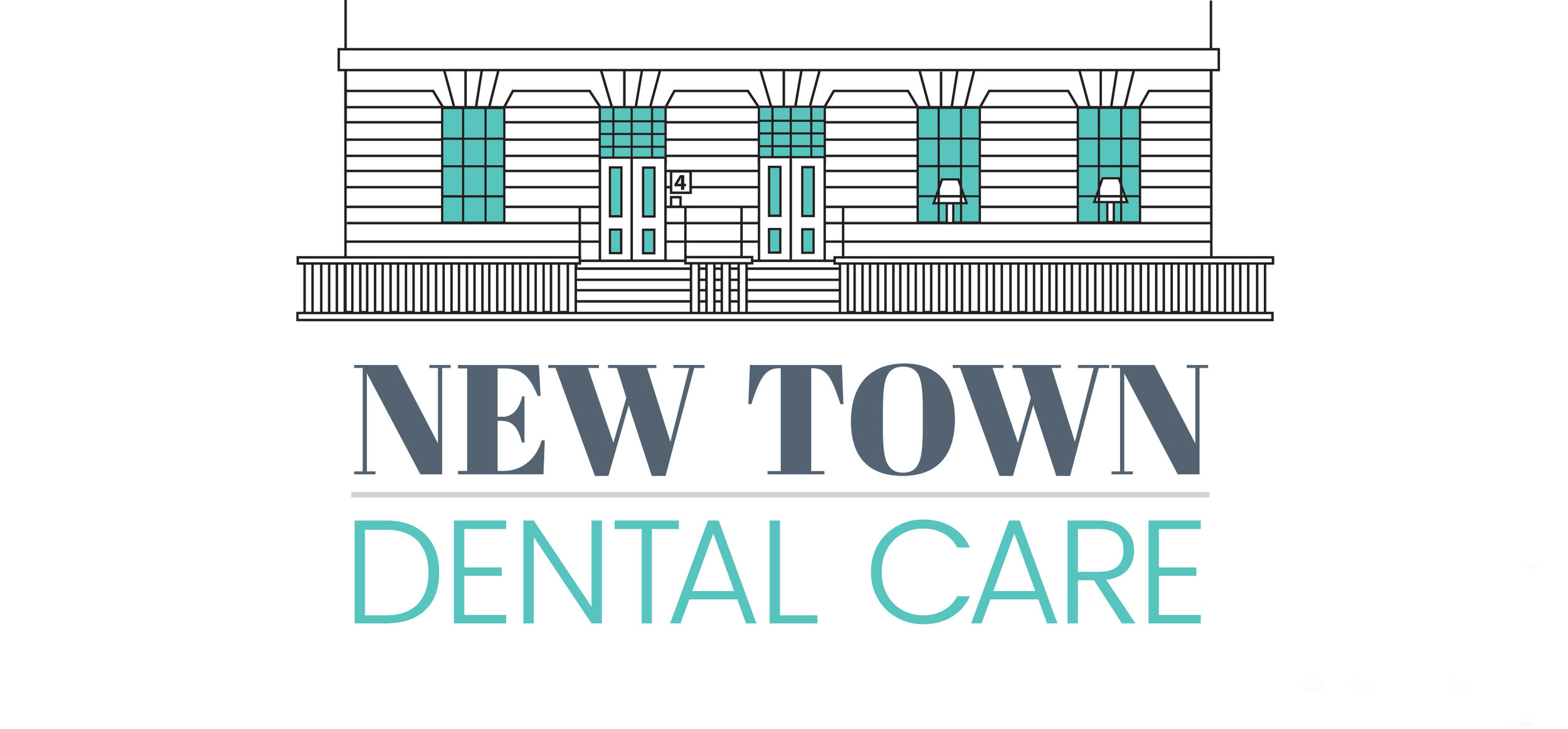How to spot the signs of mouth cancer
Did you know November is Mouth Cancer Action Month? This type of cancer is becoming increasingly common, but it’s easy to spot the early signs if you know what to look for.
Anyone can be affected by mouth cancer, which can affect the lips, inside cheeks or tongue, but men over 40 are thought to be most prone.
Mouth cancer is the eleventh most common cancer, with around 640,000 cases diagnosed worldwide each year, almost 8,000 of those in the UK. The UK’s mouth cancer rate has increased by over 50% in the past decade alone.
So what causes mouth cancer? Most cases are linked to tobacco and alcohol, although overexposure to sunlight and infection with the sexually-transmitted HPV virus are also named as risks.
But the question we all want to know the answer to is: how can you spot symptoms of mouth cancer?
Mouth cancer can appear in different forms, and can affect all parts of the mouth, including the lips and the tongue. Potential symptoms can include, but aren’t limited to: a mouth ulcer that doesn’t appear to heal normally, a persistent red or white patch in the mouth, unexplained bleeding, pain when swallowing, a sore throat that won’t go away or a numbness in the mouth. There could also be unusual lumps in your mouth or jaw area, or persistent hoarseness.
It’s important to visit your dentist or doctor if these issues do not heal within three weeks – but if you aren’t sure, it’s safest to go for a check-up anyway, and be sure to raise any issues that are troubling you, so that your dentist can check them thoroughly.
Mouth cancer can be spotted in its early stages by your dentist during a thorough mouth examination, which is another reason to stick to regular check-ups. A full check-up should involve an examination of the inside of your mouth and tongue, as well as your neck and underneath your jaw. If your dentist does spot a potential issue or find something unusual, they will refer you to your doctor or to a consultant at the hospital for further examination.
To keep your mouth healthy, and reduce your risk of developing mouth cancer, you should stop smoking, and reduce the level of alcohol that you drink. HPV (the human papilloma virus) is sexually transmitted, so we would recommend taking precautions in this area and, if eligible, being vaccinated against HPV – this vaccination is now being offered to boys as well as girls as a preventative measure. Eat a balanced, healthy diet, and visit your dentist as often as they recommend, to keep on top of any mouth or dental issues.
If you’re looking for an Edinburgh dentist to help you keep your mouth healthy, give us a call on 0131 556 2776 to book in for a check-up appointment.

